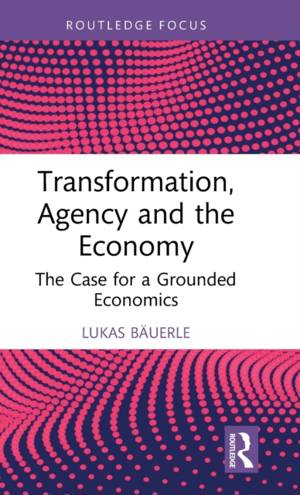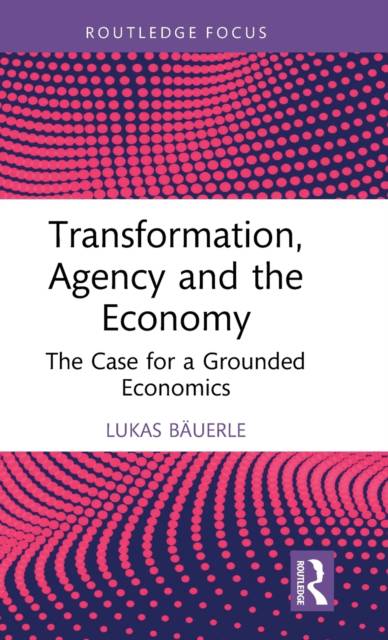
- Retrait gratuit dans votre magasin Club
- 7.000.000 titres dans notre catalogue
- Payer en toute sécurité
- Toujours un magasin près de chez vous
- Retrait gratuit dans votre magasin Club
- 7.000.000 titres dans notre catalogue
- Payer en toute sécurité
- Toujours un magasin près de chez vous
Description
Producing, buying, selling, inventing, destroying, caring, imagining, failing - with their everyday practices, people bring about what we call 'the economy'. In order to both understand and transform these practices in the context of mounting socio-ecological challenges, respective knowledge on economic practices becomes crucial. Yet, when it comes to the respective scientific discipline - economics - such knowledge is limited due to a long-standing tradition of favouring abstraction and modelling over assessing real-world economic action. By contrast, this book draws the contours of an economics grounded in real-world phenomena and experiences by outlining the foundations of a Grounded Economics. Building on the philosophical traditions of pragmatism, phenomenology and critical realism, and basic concepts from institutional thought and social scientific practice theories, the book provides a consistent framework to grasp the economy as an 'unfolding process'. By putting forward a strong account of economic agency, the framework allows to identify and differentiate between multiple pathways for social transformations. The book addresses readers from all branches of the social sciences seeking a new vision for economic research, particularly within political economy, heterodox economics, science studies and economic sociology.
Spécifications
Parties prenantes
- Auteur(s) :
- Editeur:
Contenu
- Nombre de pages :
- 120
- Langue:
- Anglais
- Collection :
Caractéristiques
- EAN:
- 9781032443447
- Date de parution :
- 10-05-23
- Format:
- Livre relié
- Format numérique:
- Genaaid
- Dimensions :
- 140 mm x 216 mm
- Poids :
- 299 g







